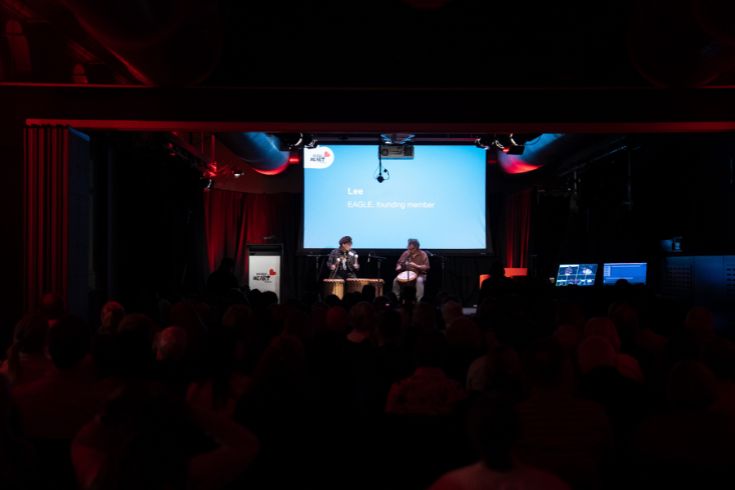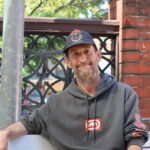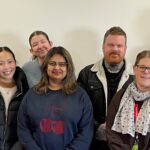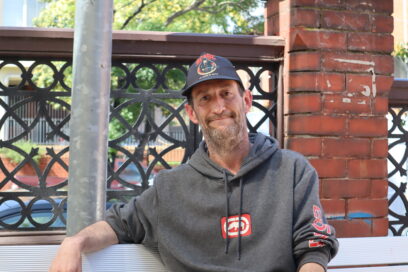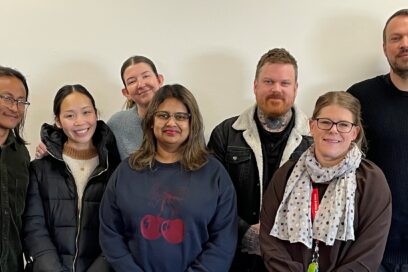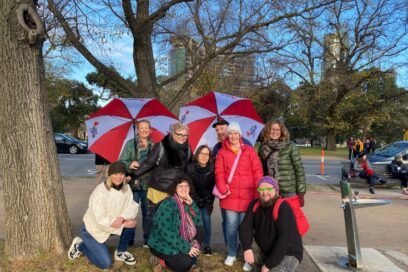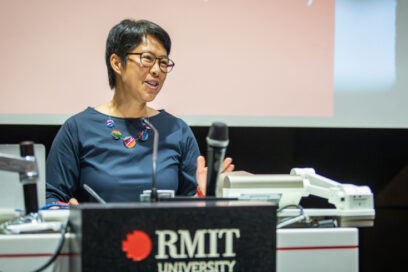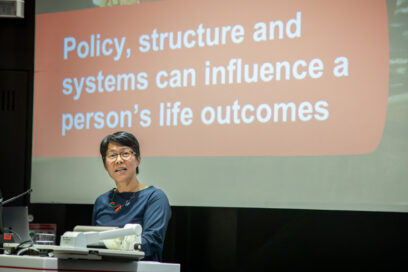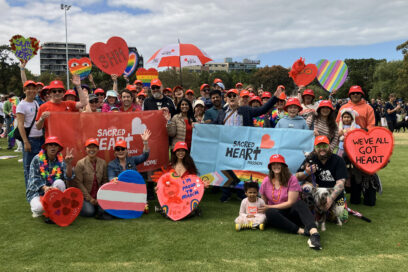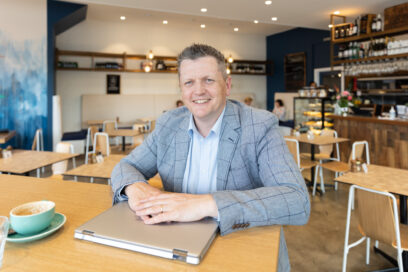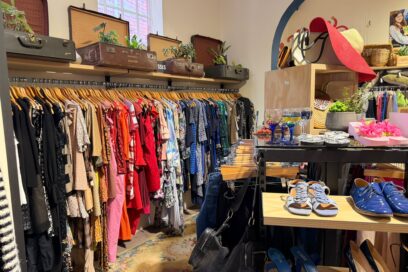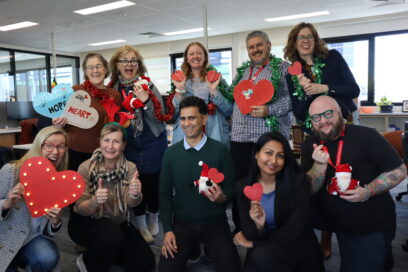My name is Lee, and I am an inaugural member of EAGLE, the Lived Experience Advisory Group for Sacred Heart Mission.
I stand before you not just as a representative of this group, but as a person who has navigated the very systems we are here to improve.
My journey has given me a unique perspective, one that is often missing from the boardrooms and policy papers that has classically shaped our response to homelessness.
The creation of EAGLE at Sacred Heart Mission is a testament to an organisation’s willingness to listen and to evolve. But I want to be clear:
Simply having a lived experience group is not enough.
The persistent challenge we face is the risk of falling into ‘tokenism’ – the belief, that having us in the room is the same as truly hearing us. It is not!!
We are more than a footnote in a grant application, or a powerful story for a public event.
Our lived experience is our professional expertise, and it must be valued as such.
For our participation to be truly meaningful, it requires a fundamental shift in culture.
First, we need to move from consultation to co-creation.
Don’t bring us in to validate a program that’s already been designed.
Bring us in at the start, when the first ideas are being discussed.
We are not just service recipients; we are innovators with firsthand knowledge of what works and what doesn’t.
Second, meaningful engagement requires shared governance.
This means our voices must have equal weight in the decision-making process.
It’s about more than just offering advice; it’s about having the power to shape strategic direction, to influence resource allocation, and, to hold the organisation accountable.
And finally, it requires a two-way street.
Sharing our experiences is a significant emotional and personal investment. It’s also laden with trauma and difficult re-lived experiences that must be treated with care and stewardship.
For our time and expertise to be genuinely valued, it must be fairly compensated.
This sends a powerful message of respect and partnership, transforming our involvement from a volunteer role into a genuine collaboration.
The work of Eagle is just beginning, and it holds the promise of a better way.
It’s a model of genuine partnership where those with lived experience are not just consulted, but are co-creators and decision-makers in the solutions, that affect their lives and the lives of others.
I believe this is how we create truly impactful and compassionate change.

